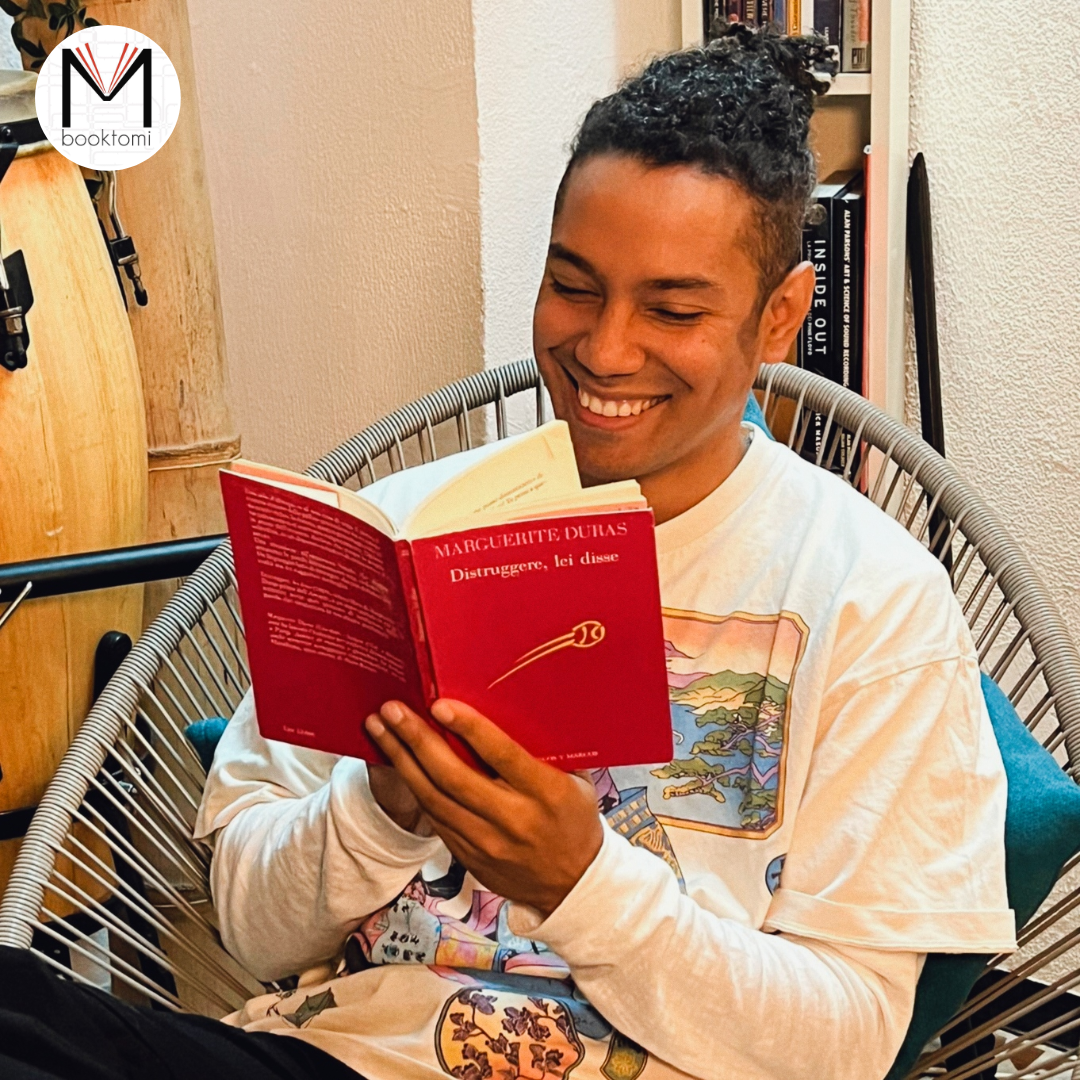“FRIDAY RE-VERSO”
“There is something about this hotel that disturbs me and holds me back. I do not understand well. I don’t try to understand better.”
We don’t understand well. Let’s not try to understand better – what keeps us in this book. And yet: we are there, even if upset. Like in a dream, we don’t know how we got here, perhaps a quote, an epiphany, an involuntary movement of the soul and here we are faced with a title that you can ok and close everything off.
Duras has a fundamentally theatrical look, two words and the scene opens up in front of us, lights, atmosphere, moods and positions, looks. We are ghosts on the stage of the story, so close that we can smell the smells and the thoughts: we are in this strange “hotel”, which looks very much like a clinic, we are sitting on the chair behind the protagonist, we watch him look at a woman – who look at the tennis courts. Absent. Whatever happens in this hotel seems out of time, a pharmacological fog muffles the actions, our man is there by mistake but in this mistake he seems to have found a reason to exist, that woman, not beautiful, who pretends to read a book and doesn’t know she’s being watched.
Narrowing the horizon of the world, making a forest an (impassable?) border, spending the hours with a few people floating in the same motionless quiet makes everything before, or after or outside, surreal. The predictability of the routine crystallizes the present moment, the questions become rarefied, smoky, no longer requiring real answers. For a good part of the book we believed that the Jewish Stein, a disturbing evening apparition, was a projection of the protagonist himself, “you see, I can afford to do things that you wouldn’t do”. After all, Max Thor is about to become a writer (always), we would expect a certain manipulative attitude towards reality. Thus, while the quartet of individuals that are forming on the stage becomes more and more madly dramatic, we slip languidly into the meaninglessness of each dialogue, seeing a deeper and more ineffable truth. And it is a sweet temptation, to rest on the cushion of madness, in the incontestable lucidity of madness, in its powerful will. Even poor Elisabeth (the woman with the lost look), who is not crazy, is just terrified of life, lets herself be touched by the writer, by her incongruent alter-ego, by their lover Alissa, in a spiral of lethal phrases, until at the eye of the storm where everything, as if by magic, stops spinning: “What will become of us?”.
116 pages. Just over an hour. In our heads, the hits of the tennis balls that bounce, with that peculiar snap, a rhythm that becomes the metronome of history, every single word a hit that pushes the ball back into the other court, overturning the perspectives, confusing the certainties and possible outcomes. In his Note for the Representation, Duras writes: “No one shouts. The indication is of an internal order.” Nobody shouts. And yet… “Who would believe that our nights are so hard?”. 116 pages. Just over an hour. Even if we had only read this work by the author, it would have been enough to decree its severe, inescapable majesty.
Written by Delis
____________________________________________________________________________________________________
Marguerite Duras, , Marcos y Marcos, Milano, 1991
Original edition: Détruire, dit-elle, Minuit, Paris, 1969



